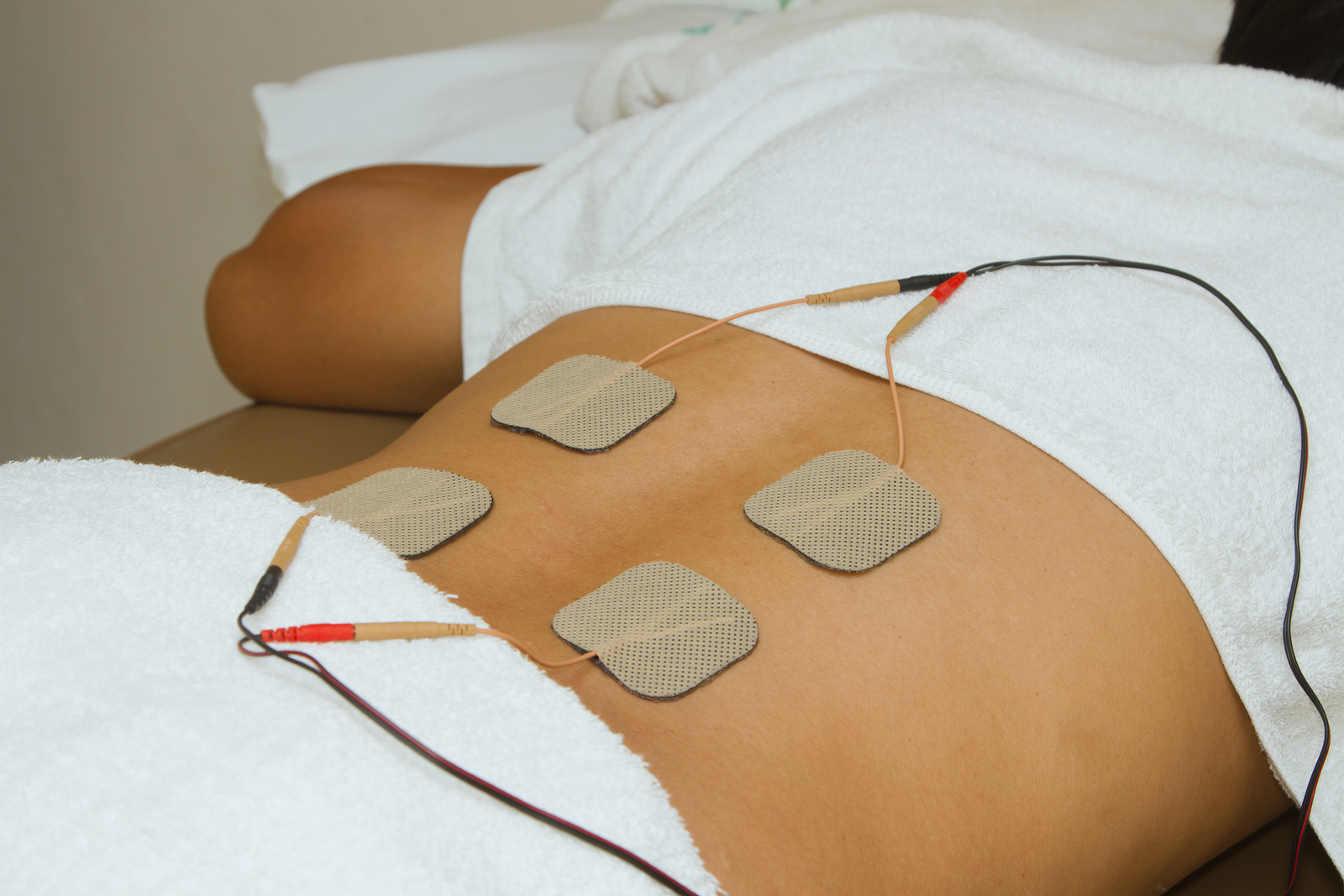
The authors conducted a systematic review and meta-analysis analysing the existing data on transcutaneous electrical nerve stimulation (TENS) or interferential current (IFC) for chronic low back pain (CLBP) and/or neck pain (CNP) taking into account intensity and timing of stimulation, examining pain, function and disability. Seven electronic databases were searched for TENS or IFC treatment in non-specific CLBP or CNP. Four reviewers independently selected randomized controlled trials (RCTs) of TENS or IFC intervention in adult individuals with non-specific CLBP or CNP.
Primary outcomes were for self-reported pain intensity and back-specific disability. Two reviewers performed quality assessment, and two reviewers extracted data using a standardized form. Nine RCTs were selected (eight CLBP; one CNP), and seven studies with complete data sets were included for meta-analysis (655 participants). For CLBP, meta-analysis shows TENS/IFC intervention, independent of time of assessment, was significantly different from placebo/control (p < 0.02). TENS/IFC intervention was better than placebo/control, during therapy (p = 0.02), but not immediately after therapy (p = 0.08), or 1-3 months after therapy (p = 0.99). Analysis for adequate stimulation parameters was not significantly different, and there was no effect on disability.
This systematic review provides inconclusive evidence of TENS benefits in low back pain patients because the quality of the studies was low, and adequate parameters and timing of assessment were not uniformly used or reported. Without additional high-quality clinical trials using sufficient sample sizes and adequate parameters and outcome assessments, the outcomes of this review are likely to remain unchanged. These data highlight the need for additional high-quality RCTs to examine the effects of TENS in CLBP. Trials should consider intensity of stimulation, timing of outcome assessment and assessment of pain, disability and function.
No comments:
Post a Comment